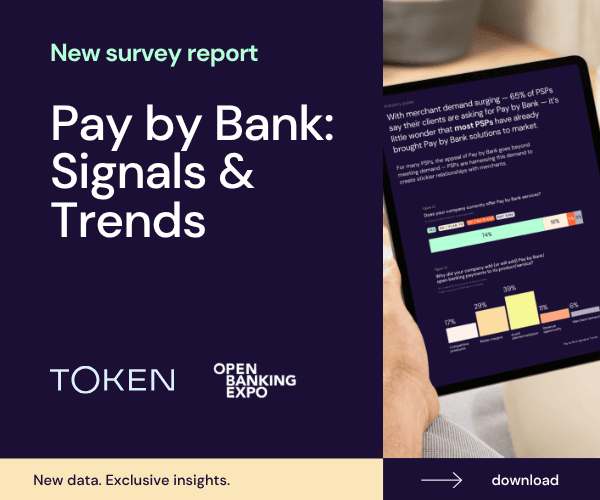More than £1.2 billion was stolen via authorised and unauthorised fraudulent activity in the UK in 2022, down 8% on 2021, according to official figures.
In its Annual Fraud Report, UK Finance revealed that 78% of authorised push payment (APP) fraud cases started online, while telecommunications accounted for 18%.
APP fraud losses declined in 2022, to reach £485.2 million – 17% lower than in 2021.
Within this, 57% of all reported cases related to purchase fraud, which saw case volumes exceed 100,000 for the first time.
Meanwhile, the report showed that investment fraud continued to make up one of the largest proportions of APP losses at 24%, although this was down 34% on 2021.
UK Finance, which produced the report in partnership with Feedzai, also reported that the number of fraud cases across the UK fell 4% to almost three million cases.
Daniel Holmes, fraud prevention SME at Feedzai added that while there are positive signs, such as overall fraud losses coming down, the “risks remain elevated” as fraudsters use increasingly sophisticated technology.
“This report highlights the importance for banks to maintain their focus on combining the latest anti-fraud technology with an approach that puts consumer education at the core.
“We also need a broad coalition of effort from beyond financial services to tackle fraud,” Holmes added.
Within the total figure stolen through fraud, unauthorised fraud losses across payment cards, remote banking and cheques totalled £726.9 million in 2022, a decrease of less than 1% on the previous year.
Remote purchase fraud, which is where a criminal uses stolen card details to buy something online, over the phone or through mail order, decreased from 2021, but remained the largest category of losses at £395.7 million.
The annual report revealed, however, that fraud on lost and stolen cards is on the rise, up 30% to £100.2 million, while card ID theft, when a criminal opens or takes over a card account in someone else’s name, almost doubled to £51.7 million.
David Postings, chief executive officer of UK Finance, said: “The banking and finance sector is at the forefront of efforts to tackle this criminal activity.
“The sector spends billions on detection and prevention and also refunds people who have fallen victim, even if the fraud originated outside the banking system.”
He added that the data also made clear just how much fraud emanates from online platforms and through telecommunications.
“The government’s new fraud strategy rightly says we need to focus on stopping it at source and that these other sectors need to do far more to tackle the problem they are facilitating,” he said.
Earlier this week, SME lender Tide proposed an anti-fraud tax in the UK to fund the fight against scammers.
Tide chief executive officer Oliver Prill said the government’s new Fraud Strategy needed to “be bolder and more ambitious”.





